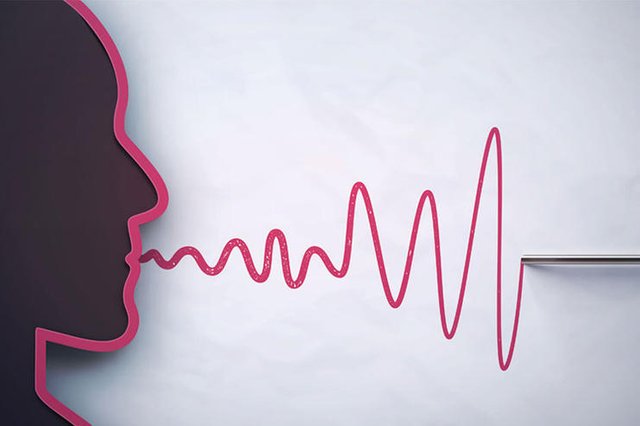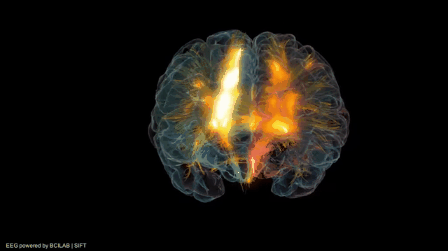Professional Liars: New Research Shows How The Brain Adapts To Dishonesty

New research that was conducted by neuroscientists at the University College London's Affective Brain Lab sheds light on the brain's ability to adapt to dishonesty. The study was published just this week in a paper in the journal Nature Neuroscience. The researchers say that this study is the first of its kind in being able to empirically demonstrate that people's habit of telling lies will strengthen over time the more that they engage in telling a fib.

For the study, 80 participants were involved and they were placed into scenarios that would have them lie and receive opportunity to benefit more based on the scale of their lies. Those involved with the study were asked to estimate how many pennies were in a jar, afterward they were supposed to pass along their own estimate of how many pennies there were to a partner; that partner only had a limited view of the coins.
On some occasion, the participants were told that they would financially benefit if both them and the partner were close to guessing the right answer of pennies. In other circumstances, the participants would receive a bigger reward the more that their partners overestimated the coins, thus providing an incentive for them to push them in that direction. It was found that the participants were willing to tell small lies and those lies gradually escalated throughout the experiment.

This new research indicates that the amygdala becomes increasingly desensitized to our telling of lies, it becomes accustomed to the dishonesty. The study found that when an individual was being deceitful, there was limited blood flow and activity related to the amygdala. And when this happens we will be less likely able to even experience an inner emotional response when we tell a lie.

Researchers say that the study demonstrates how telling lies is a slippery-slope, and that individuals can easily find themselves telling much bigger lies and even becoming emotionally desensitized to the very act of telling a lie. This study highlights the dangers associated with even the very smallest act of telling a lie and engaging in dishonesty on a regular basis in our lives. And the researchers suggest that engaging in such behavior can easily foster a much more escalated habit of telling lies and being deceitful in the future. In other words, liars get better with time.

So if we want to avoid the possibility of becoming desensitized to deceit then we should stick to trying to be honest in every circumstance that we can. Perhaps these results can provide us with further understanding of how and why we catch numerous political representatives on repeated occasion telling lies to the public; the more that they lie to us the less that they are going to care about doing so.
Pics:
Shutterstock
DailyMail
Sources:
http://www.nature.com/neuro/journal/vaop/ncurrent/full/nn.4426.html
https://www.ucl.ac.uk/pals/research/experimental-psychology/lab/affective-brain-lab/
http://www.nature.com/neuro/index.html
http://www.the-scientist.com/?articles.view/articleNo/47340/title/Lying-Repetitively-Linked-to-Decreased-Amygdala-Activity/